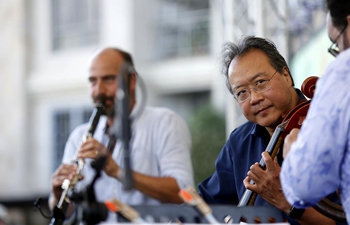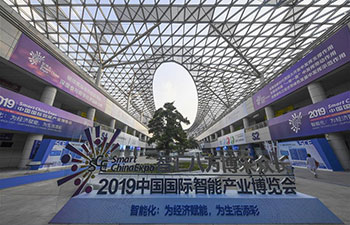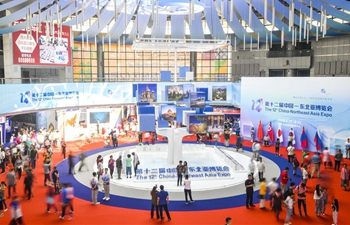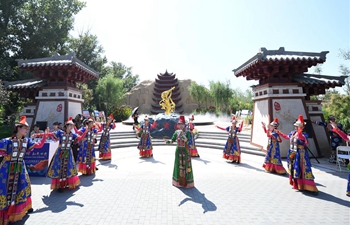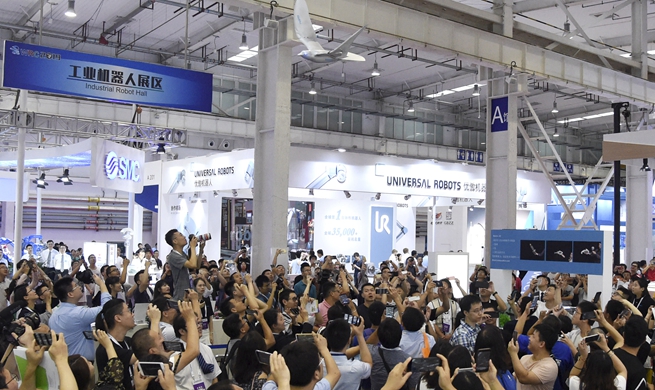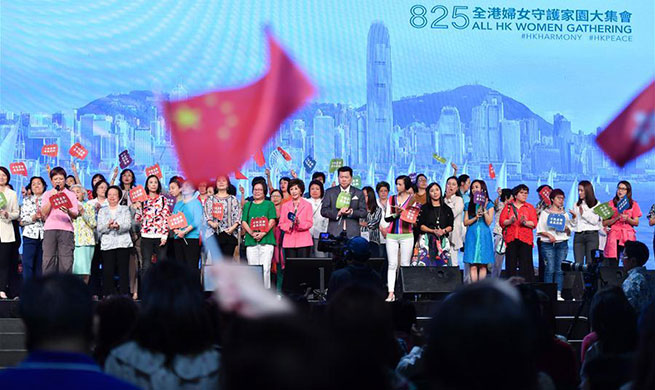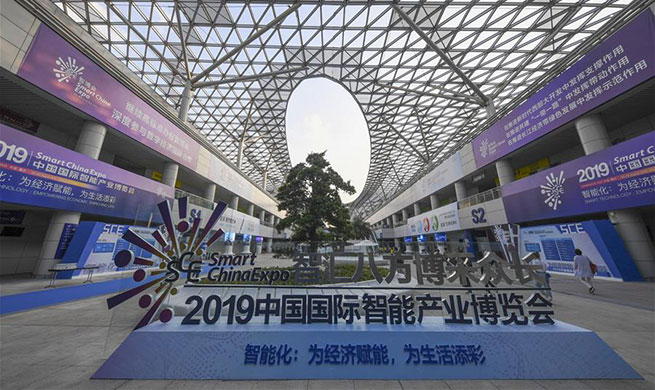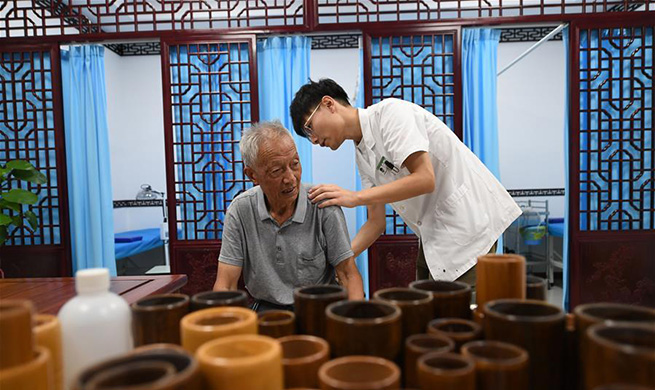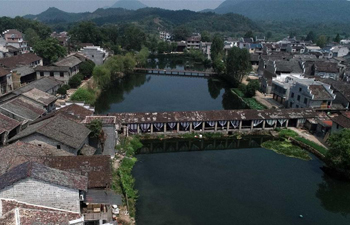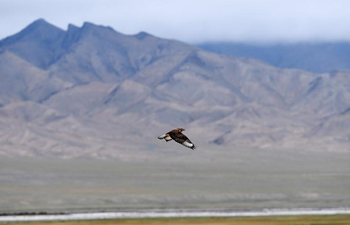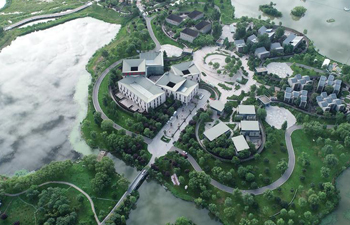NAIROBI, Aug 26 (Xinhua) -- Kenya said on Monday that seven out of ten eggs that were harvested from the only two remaining northern female white rhinos in the world, had been successfully inseminated using artificial means.
A consortium of international scientists and conservationists oversaw the artificial insemination of the eggs to pave way for transfer to southern white rhino surrogates and help perpetuate the iconic species.
"We were surprised by the high rate of maturation achieved as we do not get such high rate (comparable to what we get with horse oocytes) with southern white rhino females in European Zoos," said Cesare Galli of Aventea, an Italian company that conducted the artificial fertilization procedure.
Kenya Wildlife Service in conjunction with Germany's Leibniz Institute for Zoo and Wildlife Research and Kralove Zoo from the Czech Republic have been conducting research on artificial breeding aimed at halting extinction of northern white rhino species.
The research's breakthrough was announced on Aug. 23 when ten eggs were harvested from the two female northern white rhinos named Fatu and Najin that are under protection at Ol Pejeta Conservancy located in northern Kenya.
Najib Balala, Kenya's cabinet secretary for tourism and wildlife hailed the successful harvesting of eggs that will be inseminated with frozen sperms from northern white rhino bulls that are already dead.
"The concerted efforts to save the last northern white rhinos should guide the resolutions the world makes at the ongoing CITES meeting in Geneva," said Balala.
The assisted reproductive technique should galvanize the world's attention to the plight of all rhinos and make us avoid decisions that undermine law enforcement and fuel demand for the rhino horn," he added.
Galli said that breeding a northern white rhino through artificial means could mark a milestone in efforts to save the iconic species whose extinction is linked to wanton poaching and climatic stresses.
"Now the injected oocytes are incubated and we need to wait to see if any viable embryo develop to the stage where it can be cryopreserved for later transfer," said Galli.


